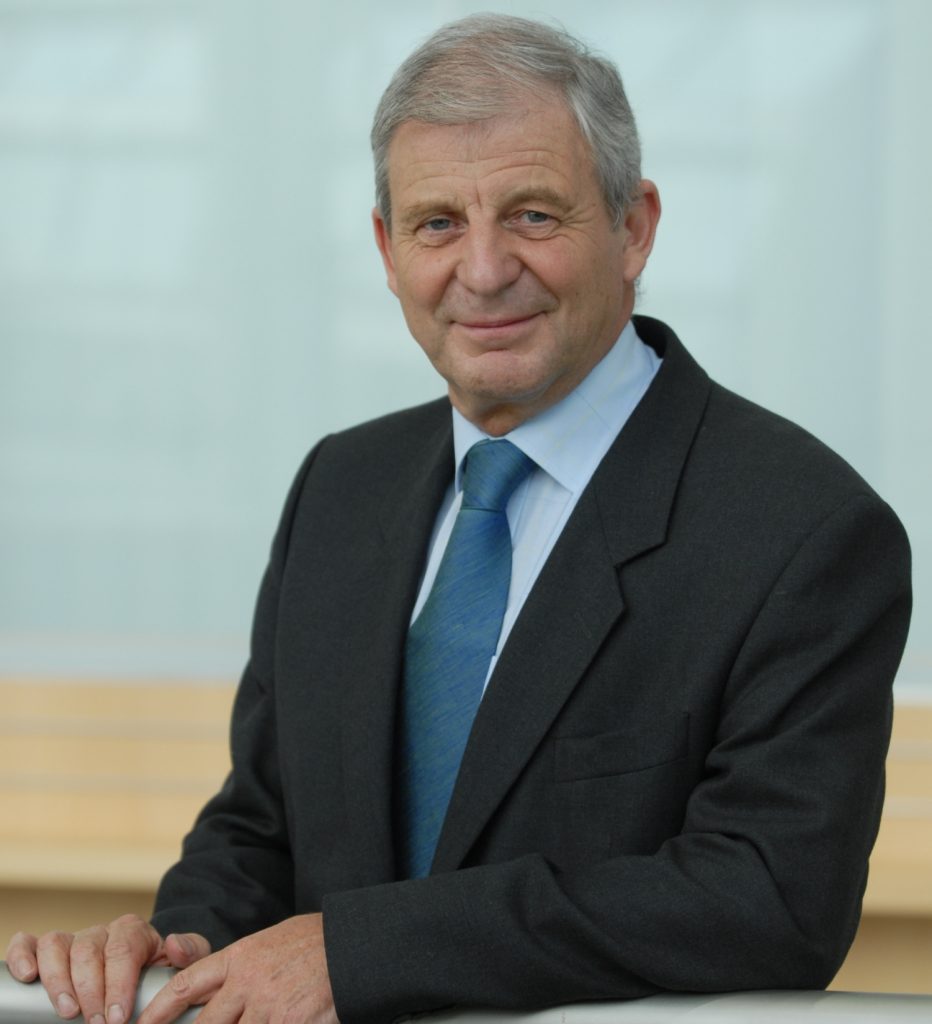Taking place in Dubai between 31 October and 2 November, Seatrade Maritime Middle East is expected to attract almost 8,000 attendees across 69 business sectors in 2016
Over 200 exhibitors, more than 7,500 fellow maritime peers from across the globe. Seatrade Maritime Middle East (SMME) 2016 is one of the biggest shows to date.
The exhibition will also incorporate a conference and awards ceremony (see next page) in addition to the annual International Ship suppliers and Services Associations (ISSA) Convention, and its local National Association, UAE National Ship Suppliers Association (U.N.S.S.A). It will be the 61st convention and will run throughout SMME.
The ISSA Convention has just unveiled part of its speaker line up for the conference element which has been titled Coping efficiently with challenges and embracing the digital age.
Saeed Al Malik, chairperson of UNSSA, and a speaker at the conference, said: I have known the Seatrade team for a great many years and it is an exciting opportunity to be aligned with the exhibition and for our members to benefit from the numerous networking opportunities offered throughout the event.
On 1 November the shows conference returns under a new name, Seatrade Tanker Middle East, and with a strong line up of topics and speakers including a comprehensive discussion of the fundamentals of the crude oil tanker market and an analysis of the factors influencing the shape of product tanker demand and those driving it, including

refining, and the composition of the order book.
Chris Hayman, chairperson of Seatrade, said: In light of discussions that we have had with major stakeholders in the industry and general market feedback, I am pleased that we can reintroduce this important theme to the overall programme in the knowledge that the tanker shipping market is continuing to perform well. The Seatrade Maritime Awards, to be held 31 October at Atlantis, The Palm, is held under the patronage of is under the patronage of His Highness Sheikh Hamdan bin Mohammed bin Rashid Al Maktoum, Crown Prince of Dubai. The judging panel for 2016 will be chaired by Joe Brincat, Vice President, Middle East Region, ABS.
Brincat said: This years judging panel is a testament to the importance of these awards. Amongst them are some of the key leaders in the industry who are dedicating considerable time and effort to ensure the rigorous judging process is adhered to with an end result of rewarding winners with the highest acknowledgement possible in the region.
The judging panel is confirmed with Industry Judges: H.E. Dr Nabeel bin Mohammed Al-Amudi, President, Saudi Ports Authority; Capt. Abdulla Al Khanji, CEO, Qatar Ports Management; Eng. Abdullah Al-Sulaiti, Managing Director, Nakilat; Shaikh Daij Bin Salman Al Khalifa, Chairman, ASRY; Rene Kofod-Olsen, CEO, Topaz Energy and Marine; Gary Lemke, Executive Vice President, Abu Dhabi Ports; Vivek Seth, CEO, Halul Offshore Services Company. Technical & Operational Judges: Efthimios E. Mitropoulos, Secretary-General Emeritus, International Maritime Organization (IMO); Ashik Subahani, Chairman, RINA UAE Branch & Managing Director, Great Waters Maritime LLC and Katharina Stanzel, Managing Director, INTERTANKO.

Industry Insider
Many key issues will be on the table for discussion, both in the conference hall and exhibition hall, and those discussions are likely to involve Iran.
With trade potentially worth $59bn by 2018, the regional maritime sector must be poised for both the challenges and opportunities ahead.
One of the largest economies in the region, with an estimated nominal GDP of $397bn in 2015, EU trade with Iran currently stands at around $8bn, and is expected to quadruple in the next two years according to data from a Q1 2016 Seatrade-commissioned report prepared by global legal practice Stephenson Harwood.
With the majority of US secondary sanctions and EU sanctions already removed, this is a milestone moment in the growth of our industry, opening up a wealth of trading opportunities as well as investment opportunities to support Irans maritime sector, particularly infrastructure development, said Andrew Williams, GM, Seatrade.
The UAE is Irans largest non-oil trading partner and is also Irans largest source of imported goods worth around $27.3 billion, in fact the UAE accounted for 96.7% of GCC exports to Iran in 2013. As far as GCC imports from Iran go, the UAE accounts for more than 62% with Oman taking 26%.
The financial benefits to the Iranian economy are significant too.
By lifting energy sanctions it potentially increases Irans oil exports revenue to $10 billion by 2017, boosts its GDP growth from zero to 5%, and allows up to $30 billion of foreign reserves, which are currently frozen, to be brought back into the country. Indeed, Indian oil refiners alone owe Iran more than $6.5 billion.
5 Minutes With: Chris Hayman, chairperson, Seatrade
The low oil price has continued to benefit the tanker market in both crude and product sectors.
Recent signs of increased demand for crude oil imports in India and China give grounds for optimism. Demand is being generated by the granting of import licences to Chinas privately owned teapot refineries a trend that is expected to continue in coming months. Growing near-term OPEC supply and declining US production will support tanker demand by increasing voyage distances.
New refinery development in the region also bodes well for the product tanker sector, and a tight market for finance will act as a constraint on new orders, despite low prices. Meanwhile the return of Iran to the market adds an interesting new dynamic.




